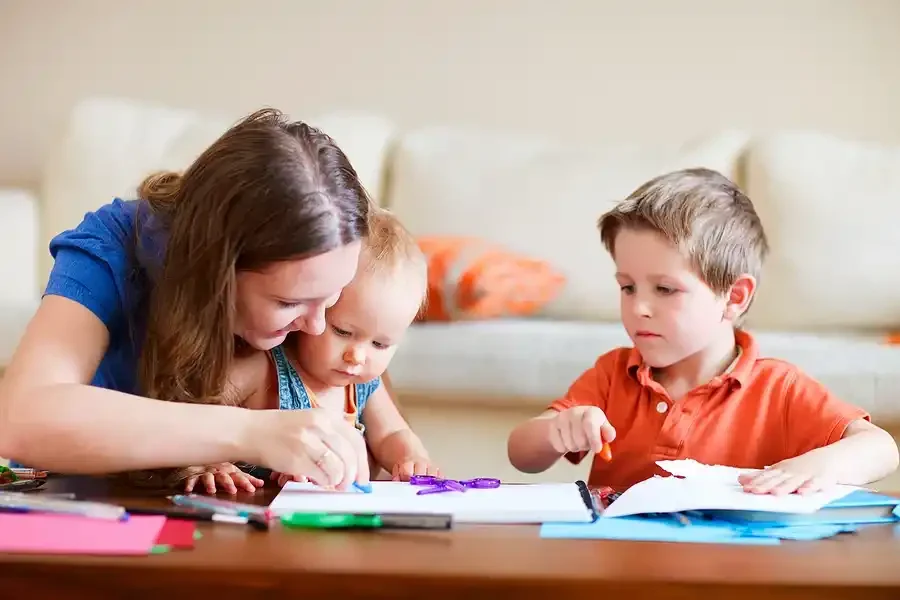When you think about your child’s early development, language is one of the most important skills they’ll develop. From the first babble to full conversations, language forms the foundation for learning, social connections, and emotional expression.

Great news - daycare fees are now just $22 a day, thanks to the CWELCC program!
Smiling with you through all the twists and turns of raising little humans.
A place where you will find supportive resources about the unsteady journey through separation anxiety, toileting, language development, socialization, and so much more. Blog topic ideas are always welcome!


When you think about your child’s early development, language is one of the most important skills they’ll develop. From the first babble to full conversations, language forms the foundation for learning, social connections, and emotional expression.

When you watch a child grow, it’s amazing to see how quickly they change and develop. Physical development in early childhood is a crucial part of this journey. It involves the growth and strengthening of a child’s bones, muscles, and the ability to move and interact with their surroundings. These early years are a time of rapid physical growth, where children’s bodies and brains are forming the foundation for all the skills they’ll need later in life.

Cognitive development in early childhood encompasses the growth of a child’s ability to think, understand, communicate, remember, imagine, and predict outcomes. From the moment a child is born, their brain starts to develop rapidly, laying the groundwork for all future learning and problem-solving skills.

Oh the potty-training stage, is a huge milestone for both children and parents and one that brings about a wide range of emotions for all. Parents often wonder when to start, what the right approach is and how to handle the inevitable ups and downs along the way. While there is no one right way to potty train, here are a few tips to help you get started.